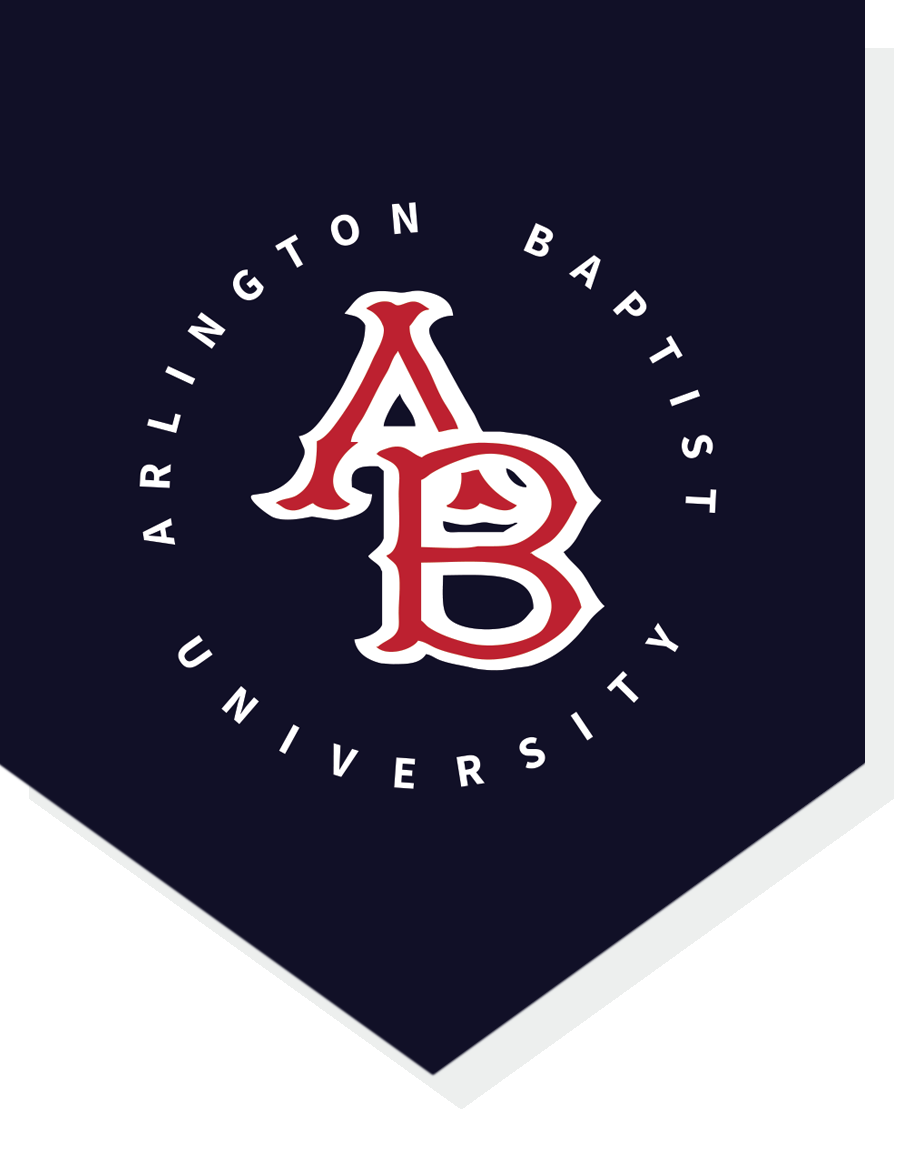Transfer Out Policy:
Students can transfer credits to schools that are accredited by ABHE (Association for Biblical Higher Education) or that recognize ABHE accreditation. However, individual courses will be transferred based on how each course can be applied to the degree program chosen at that school.
Transferability is ultimately determined by the institution to which one hopes to transfer and should always be viewed as limited. Not only must the student earn at least a “C” for credits to transfer, but courses must be applicable to the program chosen by the student. Additionally, some schools will only accept credits from regionally accredited institutions and/or limit the percentage of courses that can be transferred in.
If a student is planning to attend ABU for only a limited time, it would be wise to check the “Transfer In” policy of the school to which one hopes to transfer. The registrar can also provide a list of some of the schools that readily accept credits from ABU. Currently, these include Criswell College, Dallas Baptist University, Texas State University – San Marcos, and Texas A&M – Commerce. (ABU entered into an Articulation Agreement with Texas A&M – Commerce beginning in fall 2016. http://www.tamuc.edu/admissions/oneStopShop/undergraduateAdmissions/transferAdmissions/articulationAgreements.aspx )
Transfer In Policy:
Any student who attended any other institution of higher learning must present an official transcript with his/her application. Credits earned at an accredited institution will be considered for transfer where programs and courses are compatible. Grades earned in courses must be at least "C" level or equivalent and the courses must be applicable to the program chosen by the student before credits can be transferred. Students on academic probation at another college or university will be interviewed before being considered for admission. Transfer students must meet all other admission requirements listed above.
Students applying for admission to the university who are planning to use VA benefits must submit a military transcript. Even if no credits are accepted, a military transcript must be included with the application for admission.
At this time, Arlington Baptist University’s only established articulation agreement is with Texas A&M – Commerce, however, the college has instituted scholarships for any student who completes a two-year program at either Jacksonville College (Jacksonville, TX) or any of the Word of Life Institutes (college). (See SCHOLARSHIPS)
Policy for Validating Credits from Unaccredited Institutions. (The following criteria are also applicable to students in online programs.)
The following criteria must be met:
1) A validation process which includes the following: a review of syllabi, faculty credentials, grading standards, and other relevant learning resources from the sending institution. (If not available online, the student must provide a catalog and course syllabi for courses being considered.) This process must be completed prior to the student’s enrollment in any course even if the student has received an unofficial transcript evaluation from the ABU Registrar’s office. Once the courses are validated then criteria 2) will be applied.
2) During the first semester at ABU, the student must complete a minimum of 12 credit hours with a 2.0 (or above) grade point average. The transfer hours will not be added to the student’s ABU transcript until all criteria are met.
3) Only credits with a grade of “C” or above that are applicable toward the degree program being pursued will be validated for transfer purposes.
4) Because of a long-standing history with Norris Bible Baptist Seminary (Fort Worth TX) and Louisiana Baptist University and Seminary (Shreveport LA), ABU will accept Bible/Theology and church ministry-related credits with a grade of “C” or above that are applicable toward the degree program being pursued. For other courses from these two institutions, the criteria in 1) will apply.

